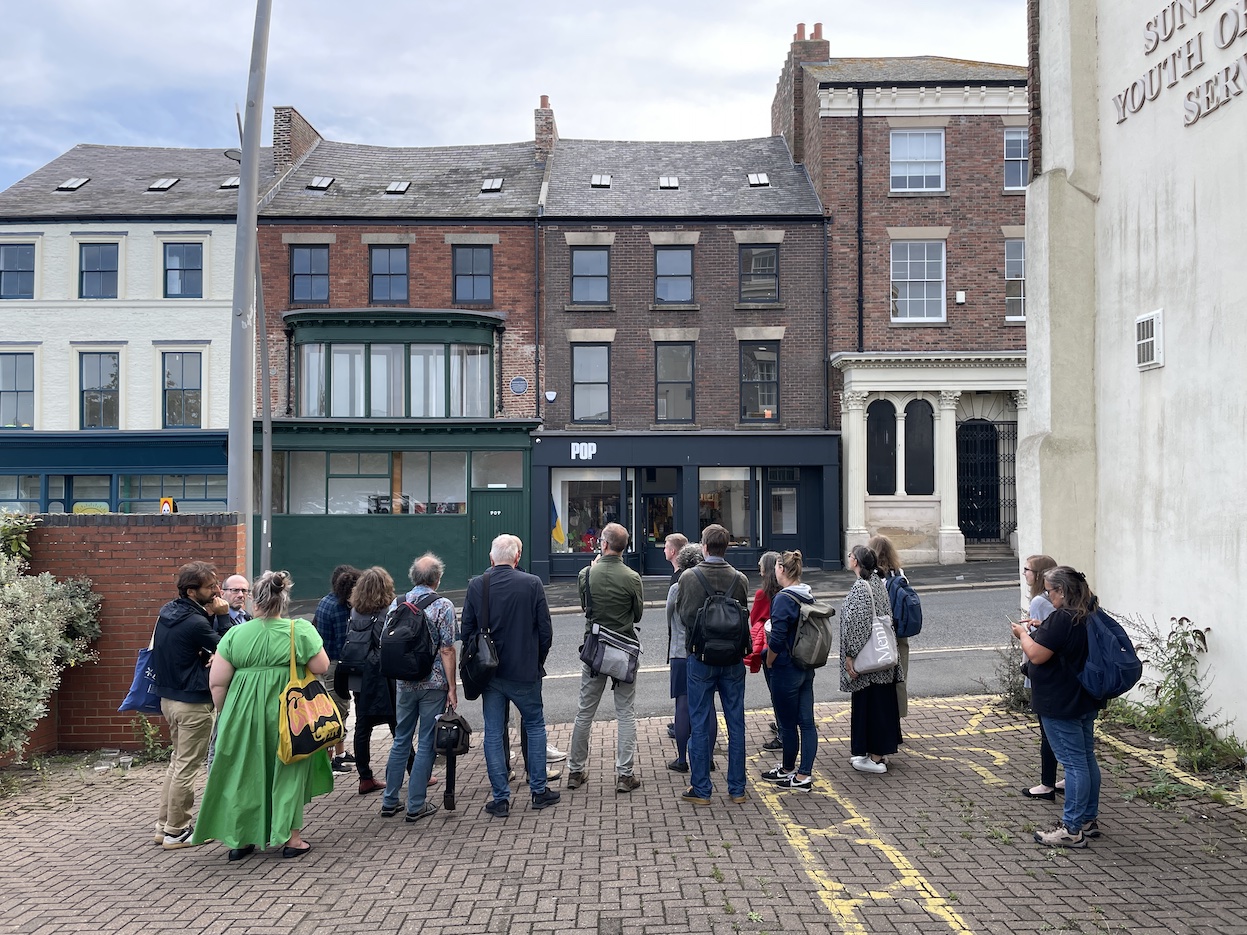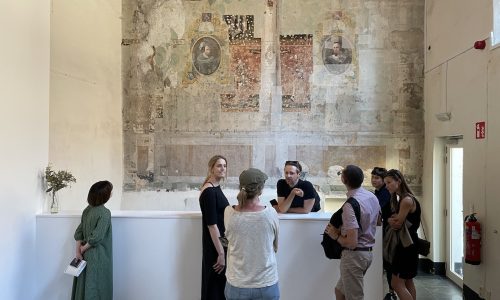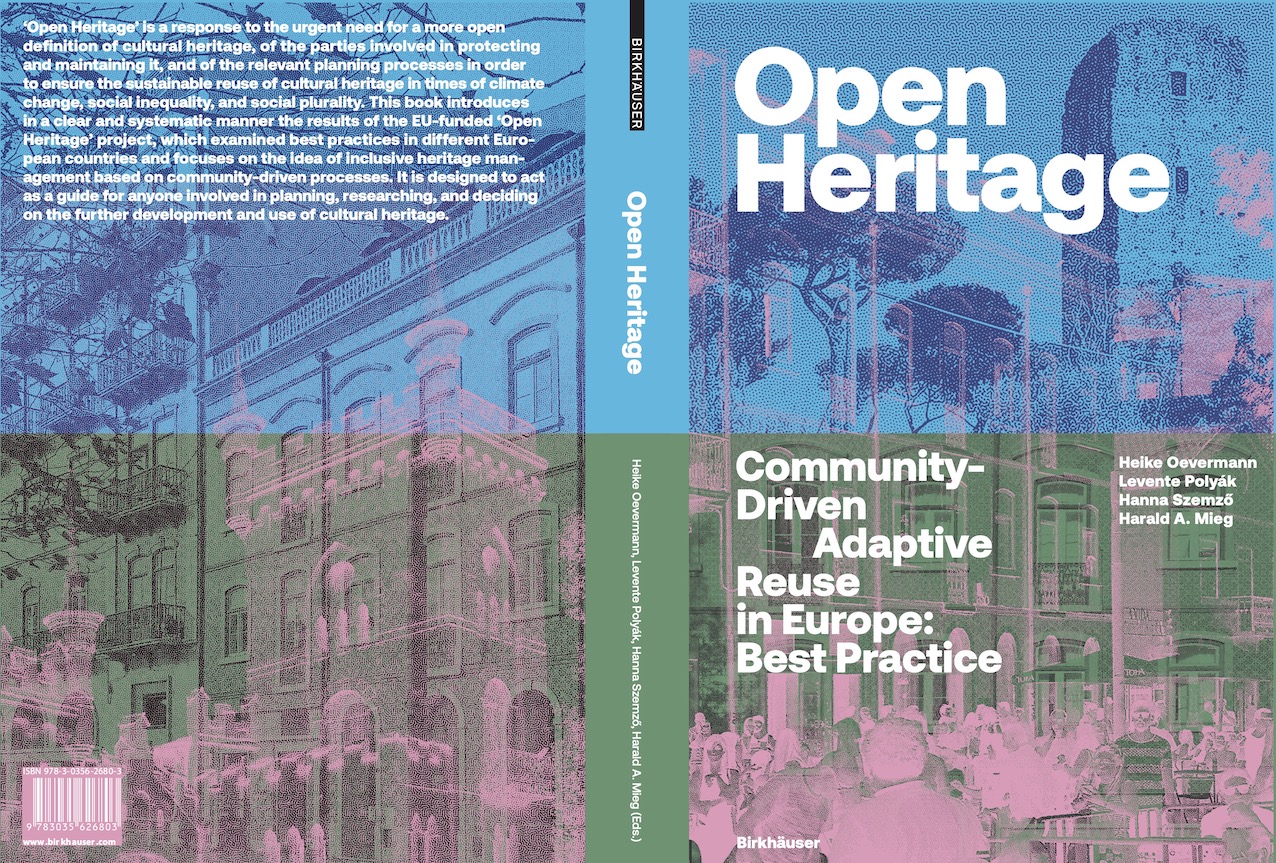Subscribe to our joint NEWSLETTER for
EUTROPIAN &
COOPERATIVE CITY MAGAZINE

Cities are the economic and cultural engines of Europe, yet they are also spaces of great social inequality, not providing all inhabitants with access to services and rights in the same way. Marginalisation has many faces: it can be economic with people struggling to reach the end of the month on their salaries, when they have one; it can be physical, with citizens being relegated to poorly connected parts of the city; it can be social, with people living in poor housing conditions being isolated in dormitory neighbourhoods. As Eutropian we believe that social inclusion is a political mission which can be reached only by having an integrated approach to all the dimensions of marginalisation, in order to build a just society starting from our cities.


With social inclusion being a key mission at Eutropian, over the years we have carried out a number of projects and pilot cases to test new models to counteract poverty and marginalisation, whether addressing temporary use in peripheral neighbourhoods, as in TUTUR, or in developing digital strategies for civic participation as in Interactive Cites. We have supported as Lead Experts the URBACT network Com.Unity.Lab in which the Bip/Zip good practice developed in Lisbon was transferred to other cities across Europe, namely Bari, Aalborg, Lublin, Ostrava, Sofia, The Hague and Lille. These cities engaged to promote local development and social empowerment in priority neighbourhoods through a participatory approach to local governance, mapping and a grant system for pilot testing in priority neighbourhoods. Within the framework of the EU Urban Agenda, we contributed to the Local Pact policy recommendation paper on tackling urban poverty, where we analysed a number of urban policies and developed a framework for how the EU could promote fighting poverty and promoting social inclusion in cities.
Our biggest achievement has been to support local administrations and civic organisations in developing policies and securing resources for pilot projects to develop social inclusion in marginalised neighbourhoods. We have shared detailed booklets on how mapping can be carried out to identify priority neighbourhoods through a multi-dimensional series of indicators, how activating grants can help local communities test new solutions to promote social inclusion, how a task force can be a co-governance model to manage such processes in a participatory manner and how ultimately local communities can create a Community-Led Local Development (CLLD) structure to develop and govern such city-wide strategies together with the city council. We also developed a policy recommendation, the Local Pact, for the European Commission on how to tackle urban poverty within the framework of the EU Urban Agenda. Because cities are home to the largest contrasts in our society, in terms of income, education, access to services and health, we explore a number of experiences across Europe through our magazine Cooperative City, sharing with our readers a wide range of articles on social inclusion.

| Cookie | Duration | Description |
|---|---|---|
| cookielawinfo-checkbox-analytics | 11 months | This cookie is set by GDPR Cookie Consent plugin. The cookie is used to store the user consent for the cookies in the category "Analytics". |
| cookielawinfo-checkbox-functional | 11 months | The cookie is set by GDPR cookie consent to record the user consent for the cookies in the category "Functional". |
| cookielawinfo-checkbox-necessary | 11 months | This cookie is set by GDPR Cookie Consent plugin. The cookies is used to store the user consent for the cookies in the category "Necessary". |
| cookielawinfo-checkbox-others | 11 months | This cookie is set by GDPR Cookie Consent plugin. The cookie is used to store the user consent for the cookies in the category "Other. |
| cookielawinfo-checkbox-performance | 11 months | This cookie is set by GDPR Cookie Consent plugin. The cookie is used to store the user consent for the cookies in the category "Performance". |
| viewed_cookie_policy | 11 months | The cookie is set by the GDPR Cookie Consent plugin and is used to store whether or not user has consented to the use of cookies. It does not store any personal data. |
